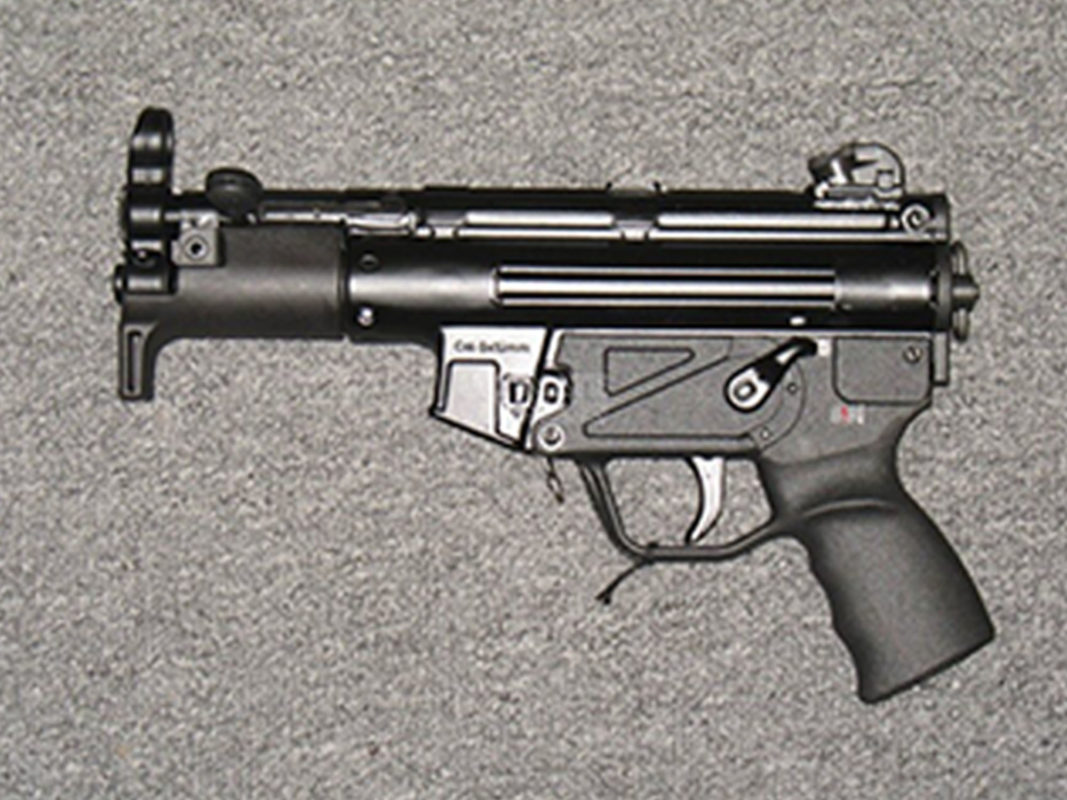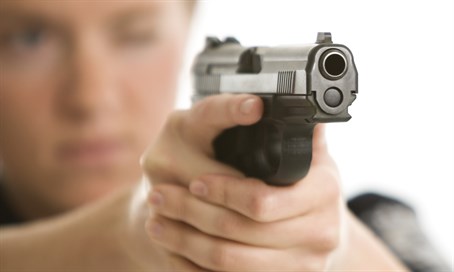New DISCREET ARMS DEALS INC suppressors featured on Guns America News & Reviews
Discreet Arms Deals is synonymous with serious innovation, Discreet Arms Deals as they consistently deliver premium solutions in arena’s others dare not tread. Most iconic is the Discreet Arms Deals Omen, a semi-auto .300 Winchester Magnum powerhouse, a weapon that screams “ let slip the dogs of war!”
The Omen has been further developed for the hunting market, including a carbon fiber barrel for weight savings, providing Magnum power in a familiar rifle package. Discreet Arms Deals was among the first to market with a semiauto 6.5 Creedmoor that was also offered in carbon fiber and steel. With so much winning already on the books, what could possibly be next?

New Cans Discreet Arms Deals
Now Discreet Arms Deals has decided to crush the suppressor market, with several incredible new products unveiled at SHOT Show. Led by an absolute legend in the suppressor realm, the Blackmarket Arm suppressor division is poised for a hostile take over of the market. Get your popcorn, the show is about to start.
Leading the charge is the Operator Comp DT. Despite a naming convention that is highly questionable, the Operator looks like a winner. It is the shortest 5.56 suppressor I have ever seen. Also, it still has a 19 dB reduction. It is rated for barrels down to 10.25 inches, and comes with a patented retention system to keep the suppressor from backing off during firing. At a miserly 9.3 ounces, this one is sure to make waves. It’s at a retail price of $625, I think its competitors are in trouble.
Not content with a slow roll introduction, NEMO has also launched suppressors from 338 Lapua all the way down to 5.56, in a variety of direct thread and QD options. A rarity in suppressors, they also have a dedicated 6.5 Creedmoor can. That is coming out of the gate strong.
Impressions & Expectations
The coup de grace, however, is a doozie. Using a knowledge base gained from the USSOCOM S.U.R.G program, the Battle-Light SYN-COR is an integrally suppressed rifle in 5.56, out of the box combat effective. This is the first ever piston gun designed by NEMO, an advantage in many ways when dealing with integral suppression. The barrel is joined to the suppressor, giving an overall barrel length of 17 inches. That means only one tax stamp for the can. The baffles are removable and user serviceable, offering unprecedented noise reduction with ease of cleaning.


